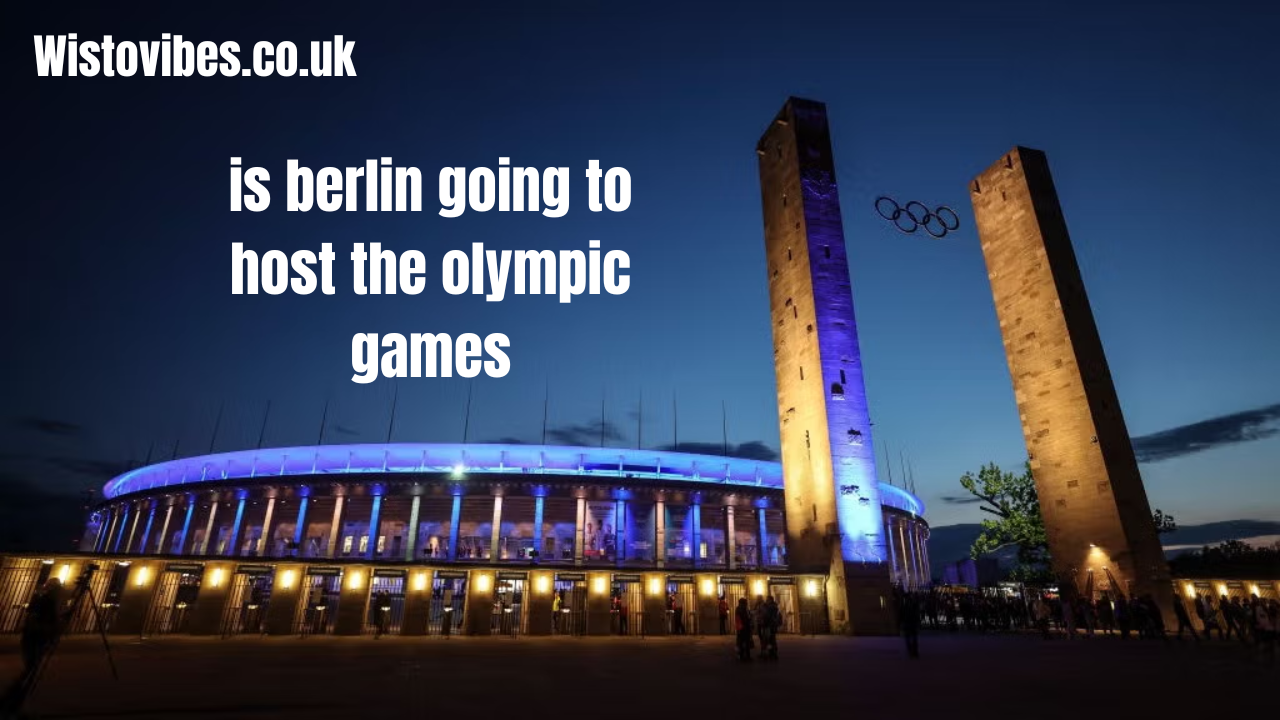One of is berlin going to host the olympic games. The city already boasts the Olympiastadion, an iconic venue that has been modernized and continues to host major football tournaments and international events. Berlin also has an extensive public transportation system, including buses, trams, and one of Europe’s largest metro networks, which would be essential for handling the massive flow of visitors during the Games.
Beyond sports facilities, Berlin is well-equipped with hotels, airports, and cultural attractions. The city has proven its ability to manage global events such as the FIFA World Cup matches in 2006 and major international conferences. With proper planning and upgrades, Berlin could meet or even exceed the standards required by the International Olympic Committee (IOC).
Public Opinion and Political Will
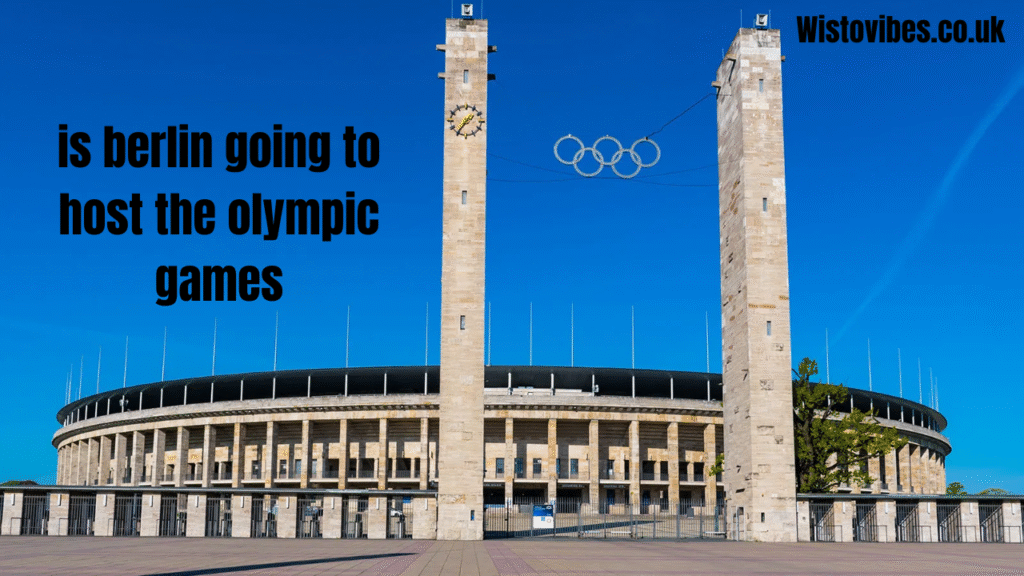
Public support remains a decisive factor in determining whether Berlin will officially bid for the Olympics. In the past, German cities have withdrawn bids due to public opposition, as citizens questioned whether the economic and social costs outweighed the benefits. Transparency, sustainability, and community engagement are therefore crucial.
Politically, Berlin’s leaders and Germany’s national government must align their visions. An Olympic bid requires not only city-level enthusiasm but also strong national backing. The IOC increasingly emphasizes sustainability and long-term urban benefits, which means Berlin would need to convince both its citizens and international observers that hosting the Games would leave a positive legacy rather than a financial burden.
The International Competition
When evaluating whether Berlin is going to host the Olympic Games, it is essential to consider the international competition. Cities across the globe are constantly preparing bids, each with unique advantages. Paris is already hosting the 2024 Summer Olympics, Los Angeles will host in 2028, and Brisbane in 2032. This means the earliest realistic opportunity for Berlin could be 2036 or beyond.
The year 2036 holds symbolic significance—it would mark 100 years since Berlin’s controversial 1936 Games. Some argue that this centennial could serve as an opportunity for Germany to reclaim and redefine the legacy, while others worry it could reopen old wounds. Whether the IOC would be comfortable awarding such an anniversary Games to Berlin remains a matter of debate.
Economic Considerations
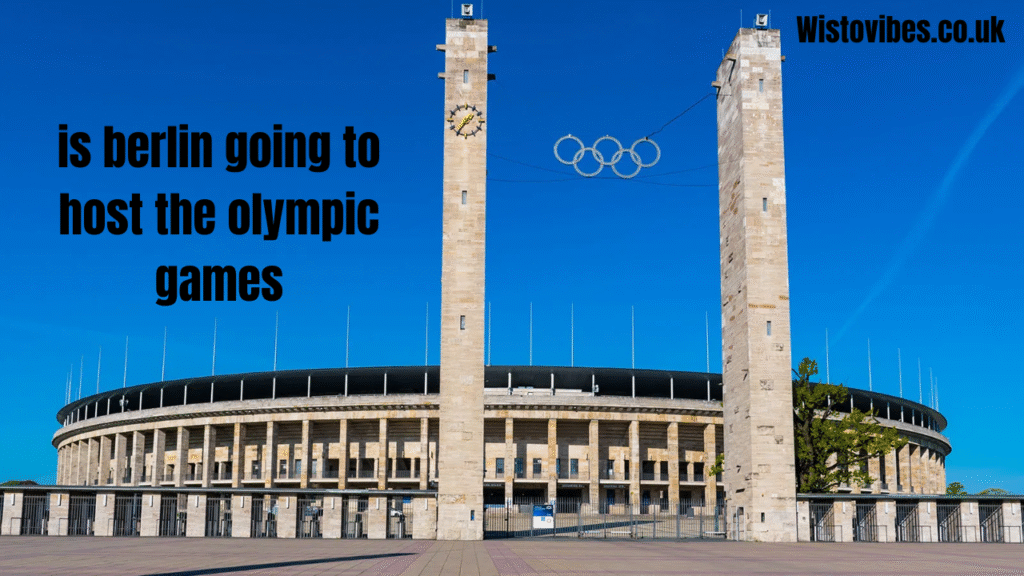
Hosting the Olympics is not just about pride and prestige—it is about economics. Estimates for modern Olympics often exceed $10 billion, with additional long-term costs for infrastructure and security. Supporters argue that Berlin, as Germany’s capital, has the economic resilience to handle such investments, especially given the potential tourism boom and international exposure.
Opponents, however, highlight examples from past Olympics where host cities faced debt and underutilized facilities. The key question is whether Berlin could create a financially sustainable model that aligns with the IOC’s recent push for cost-cutting and legacy-driven planning. If Berlin can show that its existing infrastructure reduces costs and that future investments would benefit citizens long after the Games, its chances of hosting would increase significantly.
Cultural and Symbolic Dimensions
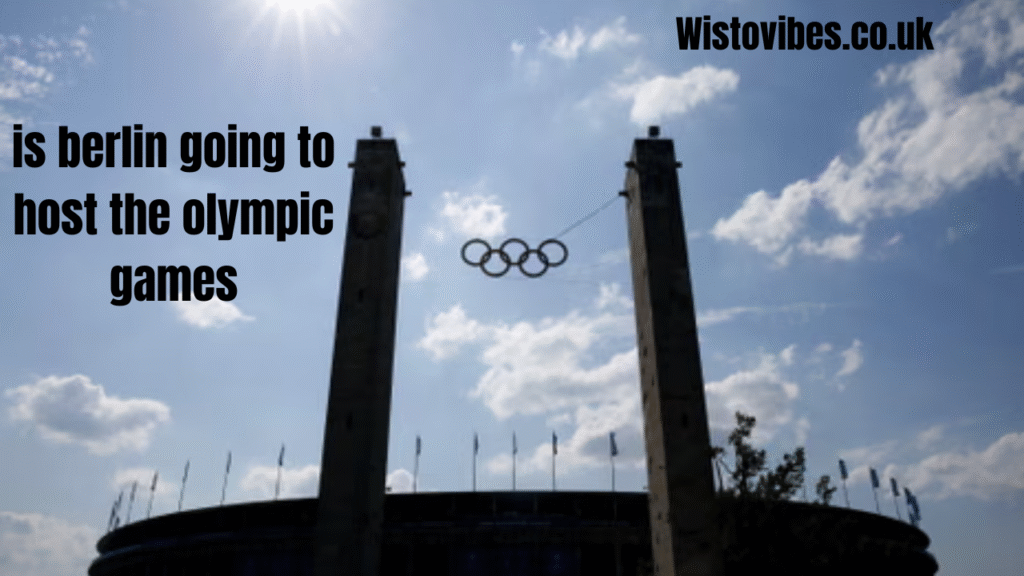
Berlin is one of the world’s most culturally vibrant cities. Known for its diversity, arts, history, and innovation, it has the unique ability to turn the Olympics into more than just a sporting event. Hosting the Games could reinforce Berlin’s role as a global city of inclusion, showcasing Germany’s modern identity to the world.
At the same time, the symbolism of Berlin hosting again would be powerful. It would represent resilience after its divided past, unity after the Cold War, and renewal after the controversial 1936 Games. This narrative could appeal strongly to the IOC, which often seeks host cities that embody themes of progress and global connection.
Challenges and Criticisms

Despite its strengths, Berlin faces several challenges. Public skepticism remains strong, and the memory of rejected bids in Hamburg and elsewhere still lingers. Environmental concerns also play a role, as mega-events often generate massive carbon footprints. Berlin would need to design one of the most sustainable Olympics in history to win over both environmental activists and citizens.
Another challenge is timing. With Paris, Los Angeles, and Brisbane already lined up, Berlin would likely have to wait at least another decade. The political and social landscape may shift dramatically by then, either opening or closing the window of opportunity.
The Future Outlook
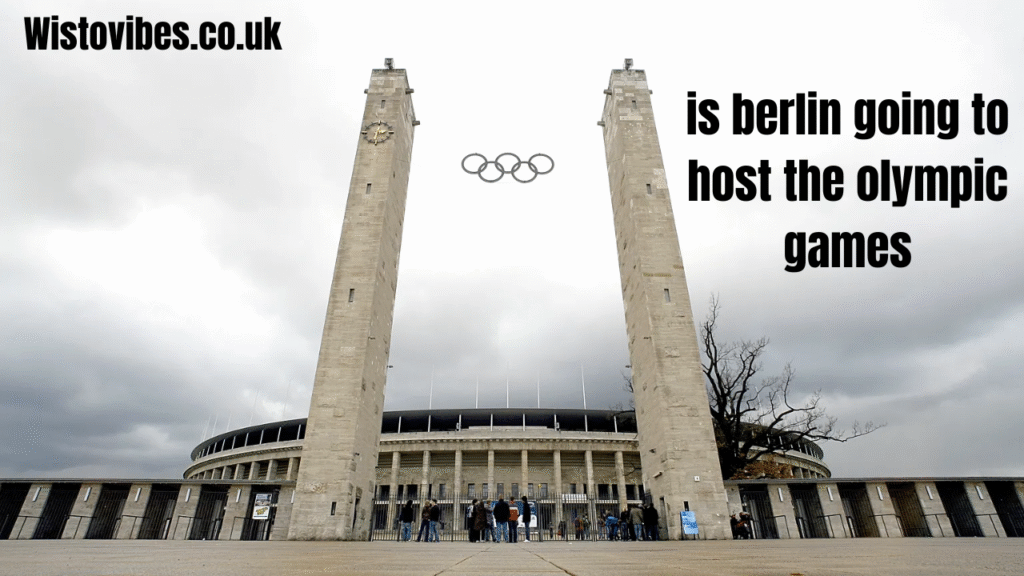
So, is Berlin going to host the Olympic Games?? The short answer: not immediately. While the city has the infrastructure, global prestige, and cultural appeal, major obstacles remain. Public support, political alignment, and international competition will ultimately determine whether Berlin secures the Games.
If Germany chooses to pursue the centennial of 2036, the coming years will be crucial for building a compelling bid. Success would depend on transparency, sustainability, and a clear vision that benefits both Berliners and the global community. Until then, Berlin remains a city with potential but without certainty.
Conclusion
Berlin stands at a crossroads between its historical Olympic legacy and its future aspirations. The question—is Berlin going to host the Olympic Games??—cannot be answered with certainty today, but the conversation is more relevant than ever. Berlin has the potential to deliver an Olympics that redefines history, celebrates diversity, and demonstrates sustainable urban planning.
Whether this vision becomes reality will depend on political will, public support, and the city’s ability to craft a narrative that convinces the world. For now, Berlin remains in the global conversation, a city with a proud past and an uncertain but promising Olympic future.
Read More: Does Hotel Bel Sito Berlino Have an Elevator?? Understanding Accessibility and Guest Experience
